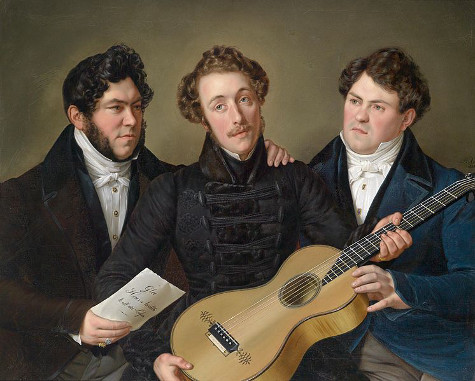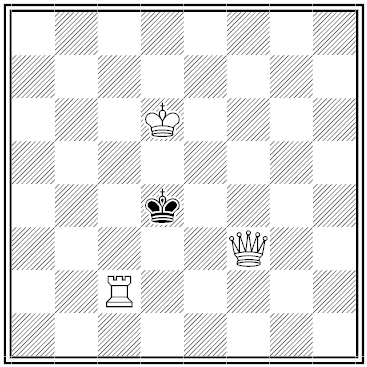
Martin Gardner called this the proudest puzzle of his own devising. When the pieces on the left are rearranged as on the right, a hole appears in the center of the square. How is this possible?
“I haven’t the foggiest notion of how to succeed in inventing a good puzzle,” he told the College Mathematics Journal. “I don’t think psychologists understand much either about how mathematical discoveries are made. … The creative act is still a mystery.”







